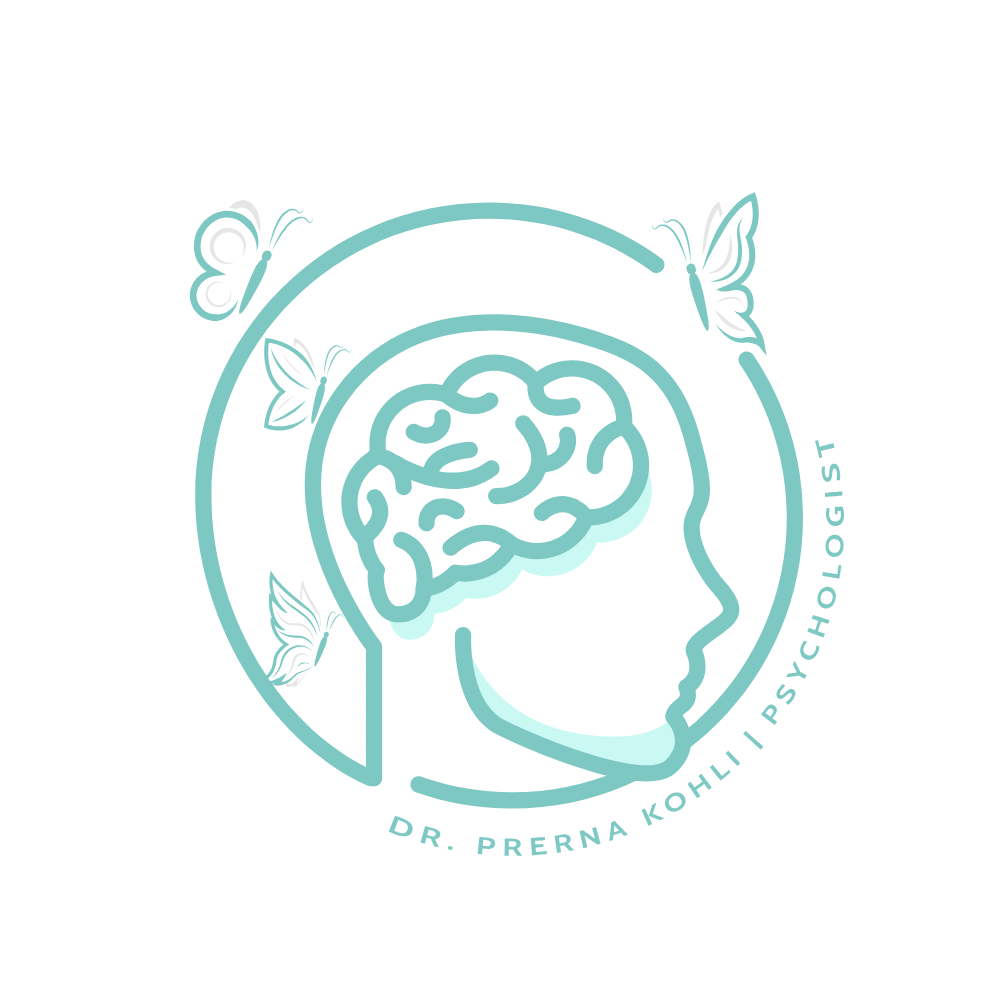[vc_row][vc_column][vc_column_text]
Mental Health and It’s Importance
Mental health is essential because it affects our overall well-being and quality of life. It refers to psychological, emotional, and social well-being and influences how we think, feel, and behave.
Good mental health allows us to cope with the daily stresses of life, form and maintain healthy relationships, and positively contribute to our communities. In addition, when we have good mental health, we are more likely to experience happiness, fulfillment, and a sense of purpose.
On the other hand, poor mental health can lead to various adverse outcomes, including reduced quality of life, social isolation, impaired functioning, and increased risk of developing physical health problems. It can also impact our ability to perform well at school or work and affect our relationships with others.
Therefore, it is essential to prioritize our mental health by taking care of ourselves, seeking support when needed, and reducing the stigma around mental health challenges. Doing so can improve our overall well-being and help us enjoy a fulfilling and meaningful life.

You can take a few simple steps to improve your mental health.
Here are some general recommendations:
- Take care of your physical health: Your physical health is connected to your mental health, so taking care of yourself is essential. Regular exercise about 4-5 times each week for about 45 minutes eat a healthy and balanced diet, and of course, get 7-8 hours of sleep each night.
- Practice self-care: Make time for activities that you enjoy and that help you feel relaxed and rejuvenated. This could be reading, taking a bath, practicing yoga, or spending time in nature.
- Humans need to connect: Social support is vital for good mental health, but not via social media. Make an effort to spend time with family and friends, join a club or group with similar interests, or volunteer in your community.
- Seek professional help if needed: If you’re experiencing persistent feelings of sadness, anxiety, or other mental health concerns, don’t hesitate to seek professional help. This could be through counseling, therapy, or psychiatric medicines.
- Practice stress management: Stress is a normal part of life, but chronic stress can be detrimental to mental health. Find healthy ways to manage stress, such as practicing mindfulness or deep breathing, taking a break when needed, or engaging in stress-reducing activities like exercise or meditation.
- Set realistic goals: Setting goals can help you feel a sense of purpose and achievement, but it’s essential to set achievable and realistic goals. Celebrate your successes and be kind to yourself if you experience setbacks.
Remember, improving your mental health is a process that may take time and effort. However, these steps can help you feel better and improve your overall quality of life.

How to Fix your Mental Health
Talking to a mental health expert, such as a therapist or counselor, can provide several benefits for your mental health and overall well-being. Here are some of the help:
- Validation and support: Mental health experts can provide a non-judgmental space where you can express your thoughts and feelings without fear of being criticized or misunderstood. They can offer validation and support, which can help manage difficult emotions.
- Objectivity: Mental health experts are trained to be objective and unbiased. They can provide a different perspective on your situation and help you see things in a new light.
- Coping strategies Mental health experts can teach coping strategies to manage stress, anxiety, depression, and other mental health concerns. They can help you develop healthy habits and routines that improve your overall well-being.
- Improved relationships: Mental health experts can help you improve your communication and relationship skills, which can improve your relationships with family, friends, and coworkers.
- Mental health education: Mental health experts can provide education about mental health and how to manage mental health concerns. This can help you better understand your mental health and reduce the stigma around mental health challenges.
Talking to a mental health expert can be a valuable part of your mental health care. It can help you improve your mental health, learn new skills, and feel better equipped to handle life’s challenges.
[/vc_column_text][/vc_column][/vc_row]

